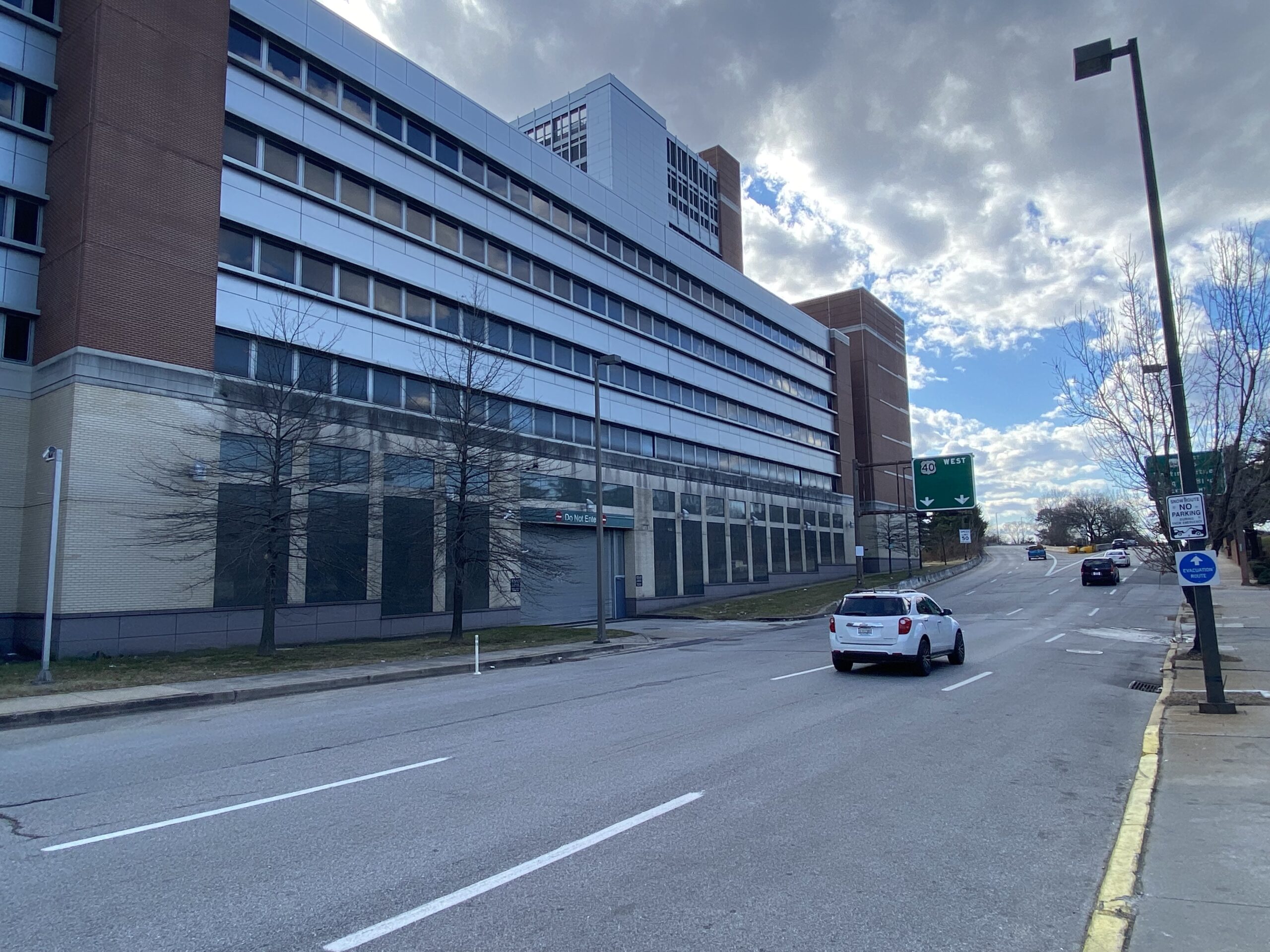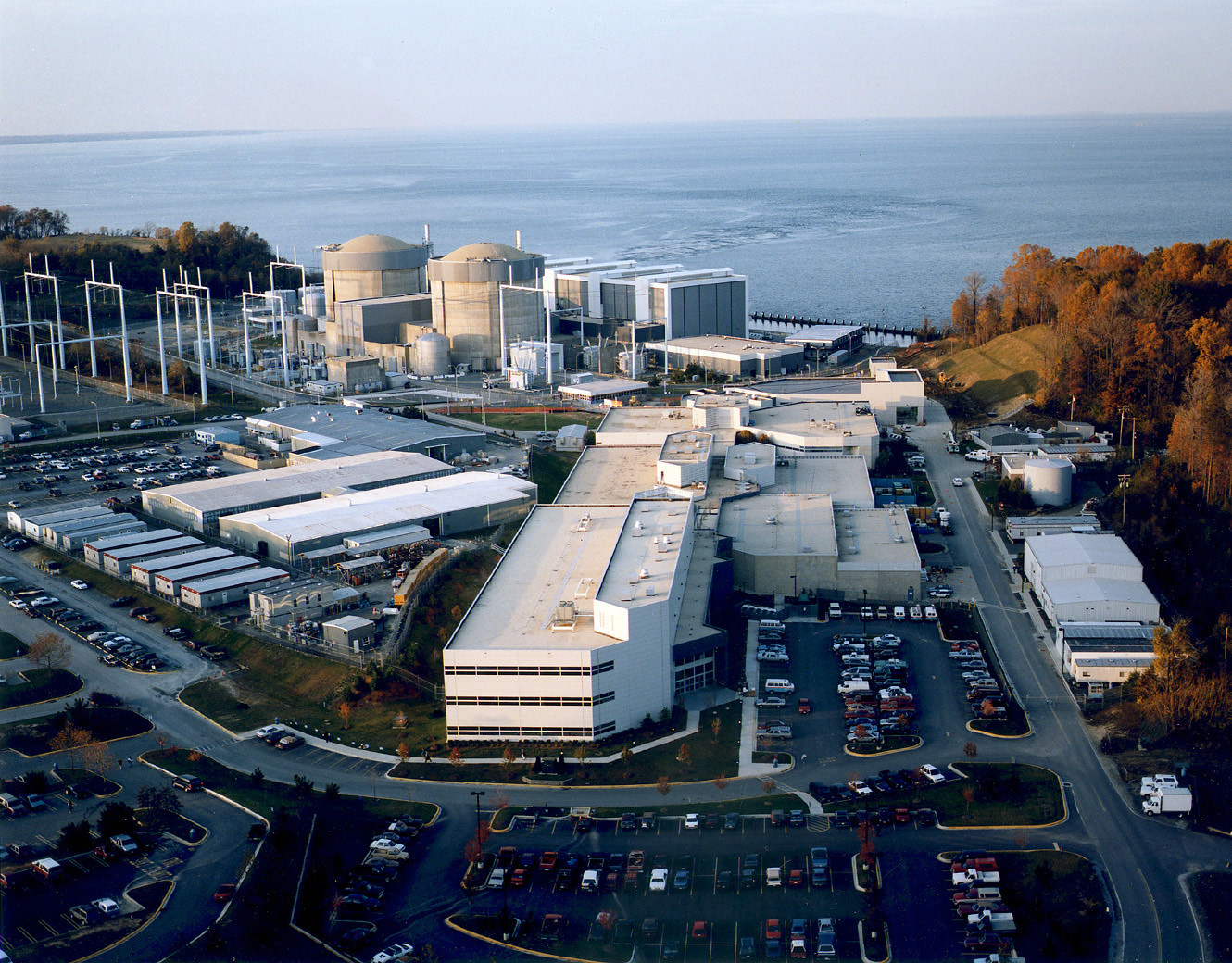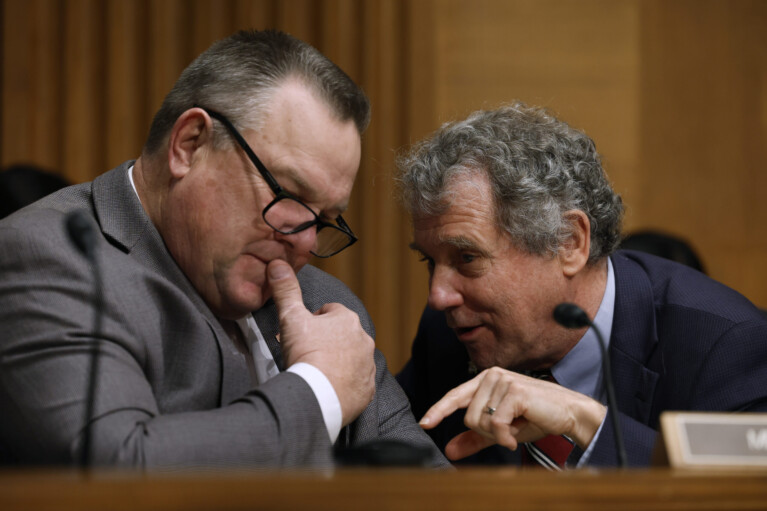FEMA to Deploy an Expert to Help with Autopsy Backlog, Health Department Facing Funding Restriction

The Federal Emergency Management Agency confirmed Thursday that a Disaster Mortuary Operation Response Teams expert will be deployed to help address Maryland’s growing autopsy backlog, which is expected to grow up to 300 by next week.
Dr. Victor Weedn, Maryland’s chief medical examiner, said that a request was sent on behalf of his office on the morning of Feb. 4.
Charlie Elison, a representative of Maryland’s regional FEMA office, wrote in an email Thursday morning that a full Disaster Mortuary Operation Response Team will not be deployed, but one subject matter expert will be made available to provide technical assistance to the Office of the Chief Medical Examiner.
The Maryland Department of Emergency Management submitted a request to FEMA for additional Disaster Mortuary Operation Response Team experts on Thursday.
FEMA’s Disaster Mortuary Operation Response Teams are typically used to assist state and local governments after natural disasters, terrorist attacks, transportation accidents and pandemics.
The state’s backlog of decedents waiting to be autopsied dates back to mid-December 2021.
Dr. Jinlene Chan, the deputy secretary of public health services for the Maryland Department of Health, told the House Appropriations Committee’s Health and Social Services Subcommittee on Wednesday afternoon that that she did not know the exact number of decedents waiting to be autopsied.
However, Chan was able to confirm the autopsy backlog was over 200.
At a meeting of the Postmortem Examiners Commission last week, Weedn said that 217 bodies were waiting to be autopsied — with the oldest cases having been held by the agency for two weeks. He projected the backlog would surpass 300 by next Wednesday.
Weedn said the backlog is driven by staffing shortages and exacerbated by an increase in homicides and overdoses.
The overflow is so great that state agencies are holding decedents at the Metro West Parking Garage on North Greene Street in Baltimore, about a mile from the Office of the Chief Medical Examiner. The state’s centralized coroner, the Office of the Chief Medical Examiner investigates and completes death certificates for people who die under suspicious circumstances or from unnatural causes and who are not in the care of a physician.
On one side of the expansive parking garage, white and silver vans shuttle patients and workers back and forth to the VA hospital down the road. On the other, a guard behind a metal garage door ushers white vans with blacked-out windows onto the Franklin-Mulberry Expressway.
According to the Board of Public Works agenda for Feb. 16, the state is renting the Metro West Garage in Baltimore for $30,000 a month to store decedents waiting to be autopsied. The line item was also on the board’s previous agenda and was passed without discussion in late January.
Chan said Wednesday that the location is being used by the Office of the Chief Medical Examiner and the State Anatomy Board, which manages decedents who have donated their bodies to the state as a teaching tool for medical schools and other health programs.
Next week’s Board of Public Works agenda also has a line item to contract “unarmed security guard services” for the temporary morgue at the Metro West Garage.
“The Office of the Chief Medical Examiner and State Anatomy Board is receiving an influx of cases due to COVID-19 which exceeds the current storage capacity,” the item reads.
The ‘driving factor’
The Department of Health has opened hiring for 21 new positions at the Office of the Chief Medical Examiner, including assistant medical examiners, forensic investigators, assistant toxicologists and autopsy assistants, in an attempt to speed operations.
But the agency is already experiencing staggering staffing shortages.
According to Anne Wagner, a budget analyst for the Department of Legislative Services, the “driving factor” of the backlog is related to staffing shortages. She said that there was a 17% decrease in full-time-equivalent medical examiners in 2021 compared to the previous year.
Last week, Weedn said that he had only 10 assistant medical examiners on staff to complete autopsies, compared to 14 at the same time last year.
According to legislative analysts, the Office of the Chief Medical Examiner has had full accreditation from the National Association of Medical Examiners since March 19, 2021, when it was removed from a provisional accreditation status.
The accrediting agency’s policy is that medical examiners should complete no more than 325 autopsies per year.
Wagner told the subcommittee that the ratio of autopsies per medical examiner was up to 390 in 2021.
Weedn said last week that his office performed 627 autopsies in the month of January, about 50 more cases than the same time last year.
The state medical examiner’s office has received two previous “phase two” violations, or infractions related to unmet staffing, investigation or morgue operation standards. One was for structural problems with the facility’s roof, the other for staffing shortages.
Violations can lead to demotions in or the revocation of an agency’s accreditation status.
But the National Association of Medical Examiners has stated that it will not downgrade or withdraw an office’s accreditation for deficiencies “resulting from the direct and indirect impacts of the pandemic.”
Chan said the Department of Health doesn’t know when the National Association of Medical Examiners plans to stop operating under the more relaxed COVID-19 accreditation policies.
The Office of the Chief Medical Examiner’s next self-evaluation is set for May of this year. A full inspection by the accrediting body isn’t scheduled to occur until May 2023.
In an email exchange, Dr. Barbara C. Wolf, the chair of the Inspection and Accreditation Committee for the National Association of Medical Examiners said that the Maryland’s office is currently accredited and will undergo a review of its status during the May self-evaluation.
“At that time deficiencies identified by the office’s inspector, if there are any, will be considered,” she wrote.
Citing the National Association of Medical Examiners, Chan said that there are approximately 750 board-certified forensic pathologists available across the U.S. “which makes this a very difficult recruiting environment for all medical examiners’ and coroners’ offices in this country, including, of course, here in Maryland.”
Wagner said that forensic investigators and autopsy assistants have the highest turnover rate. And Maryland is also feeling the sting of the national shortage of forensic pathologists.
Legislative analysts have recommended that lawmakers restrict funding next fiscal year for the Deputy Secretary of Public Health Services’ office until the agency submits a report about the Office of the Chief Medical Examiner’s accreditation status and employee recruitment and retention efforts.
Chan said the Health Department “respectfully disagrees” with the recommendation to restrict the flow of funds to her office. The agency’s written response to the budget analysis noted that the Department of Health submitted a report in 2021 with the same information.
Chan also said that the Department of Health is “discussing additional retention options” with the Postmortem Examiners Commission and the Department of Budget and Management.
Separately, Del. Kirill Reznik (D-Montgomery) is sponsoring a bill this legislative session to impose minimum staffing requirements for the Office of the Chief Medical Examiner in an effort to avoid any accreditation violations.
Reznik’s bill will be heard in the House Health and Government Operations Committee next Wednesday.
Editor’s Note: This story was updated to correct that the Board of Public Works approved a contract to rent space in the Metro West Garage on Jan. 26, 2022. The item was also included on the board’s Feb. 16 agenda, but was later removed as duplicative.




 Creative Commons Attribution
Creative Commons Attribution